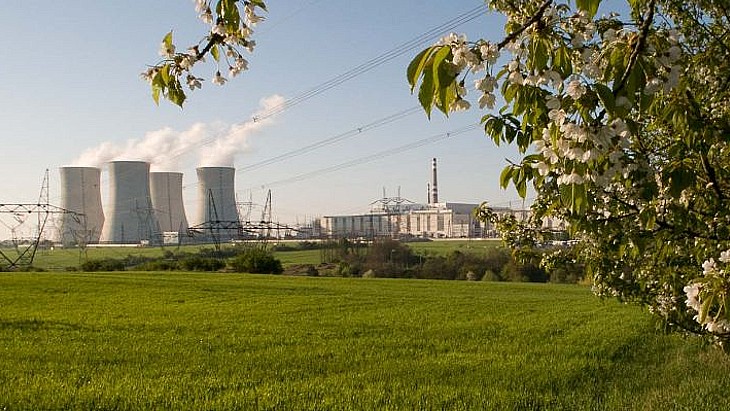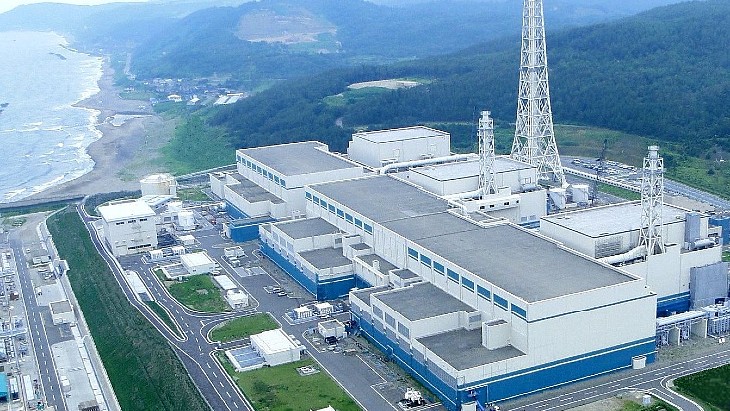The IAEA said the delegation will be led by its Director General, Rafael Mariano Grossi, and will arrive on 26 April. Coincidentally, the date is the 36th anniversary of the accident that turned the site from a power plant into a highly complex cleanup task that continues to this day.
The site was seized by Russian forces on 24 February, the first day of the conflict in Ukraine, and held until the end of March when those forces withdrew from that part of Ukraine. This led to a number of issues and concerns ranging from the interruption of communication to the regulator, the lack of data from safeguarding systems, interruptions to the site's normal power supply, and a lack of staff rotation which amplified stress for workers performing important duties related to safety.
Grossi said, "the IAEA's presence at Chernobyl will be of paramount importance for our activities to support Ukraine as it seeks to restore regulatory control of the plant and ensure its safe and secure operation. It will be followed by more IAEA missions to this and other nuclear facilities in Ukraine in the coming weeks".
One priority task for IAEA experts at Chernobyl will be to restore the safeguards monitoring equipment that the agency uses to provide assurance to the international community that nuclear materials are not diverted from civil to military use. Among other things, these consist of cameras and recording equipment within plant buildings. The transmission of their data broke down during the period of occupation, so getting these working again and confirming an inventory of the site will be important for reassurance that all nuclear material is accounted for.
Grossi also said: “I look forward to being able to talk to the staff and to express my deep gratitude for everything they have achieved during such immensely stressful and challenging conditions. They have been through more than we can imagine, and they deserve our full respect and admiration for preserving the safety and security of the site despite the dire situation.”
He concluded: “The IAEA knows Chernobyl very well. This local knowledge - coupled with our nuclear safety, security and safeguards expertise - means that we can quickly establish exactly what needs to be done, and how and where."

.jpg)



_53514_33880.jpg)


_91467.jpg)





